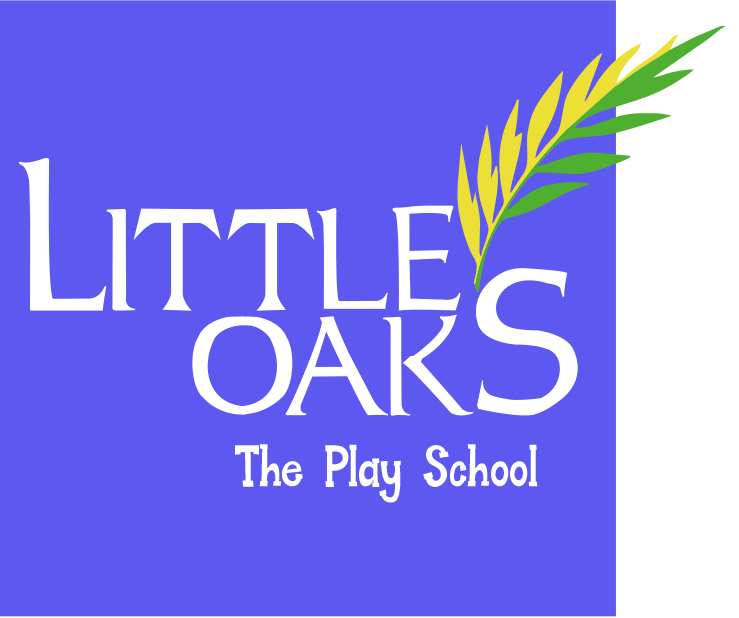Language Development

Language development is the process by which children come to understand and communicate language during early childhood. Language development is enriched by verbal interactions with other children and adults. Children often begin reproducing the words that they are repetitively exposed to. Language-based interactions appear to increase a child’s capacity to learn.
The preschool years have been regarded as the most important time for children to develop their vocabulary competency before joining formal learning at schools .High-quality teacher-child interactions in early learning environments have been regarded as a key contributor to children’s early language development skills. Children’s early vocabulary development has a significant influence on their academic performance over the life span
Development
Our recommendations for encouraging language development in Pre-schooler include
- talking to them as much as possible and giving them opportunities to respond
- using one- or two-syllable words and two to three-word sentences
- using proper words rather than baby words
- speaking slowly, drawing-out vowels, and exaggerating main syllables
- using animated gestures along with words
- talking about on-going activities
- encourage the child to ask questions
- read books about familiar things, with pictures, rhymes, repetitive lines, and few words
- read favorite books repeatedly, allowing the child to join in with familiar words
- encourage the child to pretend to read
- not to interrupt children when they are speaking

Early childhood is a time of development of both gross and fine motor skills. We work on their physical growth and strengthening of a child’s bones, muscles and ability to move and touch and feel their surroundings.
